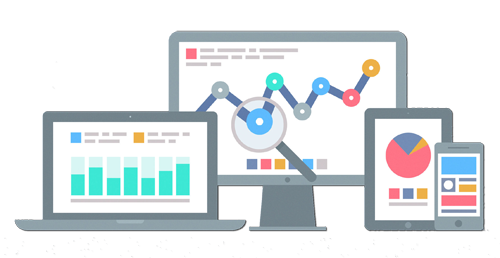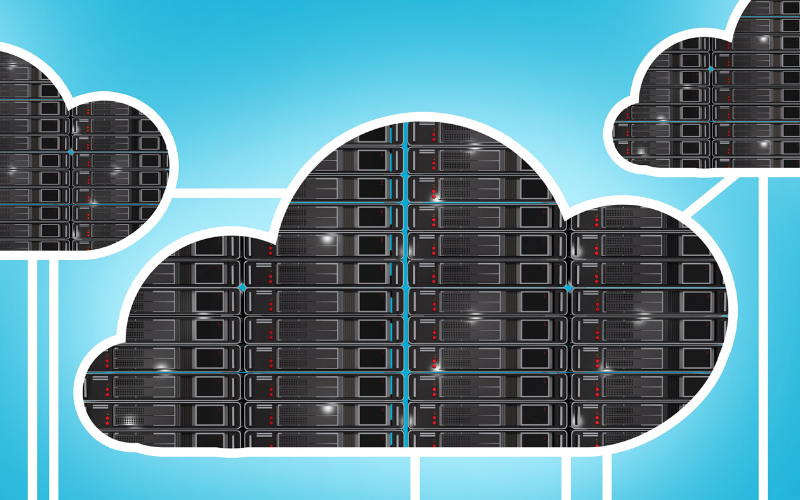![]() Big data is a phrase we see regularly these days but…do we really know what it is? Like many concepts in the technology industry, the answer to what big data is, is likely to depend on who you ask. There are plenty of misconceptions and misperceptions of just what big data is and what it can do.
Big data is a phrase we see regularly these days but…do we really know what it is? Like many concepts in the technology industry, the answer to what big data is, is likely to depend on who you ask. There are plenty of misconceptions and misperceptions of just what big data is and what it can do.
Check out these five ways that big data is misunderstood in the industry today – which should help increase your appreciation of it and what big data can do.
- Big data? Bah
Yes, a lot of us see or hear ‘big data’ and ignore it as a fad. That’s not the best approach; while hyped up, it is definitely a major ‘thing’. Turning data into business value is already and will become increasingly important in just about every sector. Information has always been power and big data delivers insights beyond anything ever before possible. Big data is behind some of the biggest digital transformations – not of companies, but entire industries. - It's just about data
Nope. Data is just data. Information is the useful stuff and it comes from data – and how you use that information is what big data is all about. Applying big data insights to improve processes, identify opportunities, make better decisions…that’s what it is really about. Focusing on data for data’s sake is, well, pointless. - It's called big data because there's a lot of it
This is probably the weirdest thing. While yes, big data typically implies very large stores of information, there is more to it than that. Big volumes of data have existed pretty much since the introduction of computers; instead, big data implies the collection and analysis of new types of data, not just the stuff in the company database. Now, it is possible to combine those private data stores with publicly accessible ones, including unstructured data – books, text, video, pictures, audio. Variety is implied with big data. And, here’s the kicker, it doesn’t have to be literally a ‘big’ amount for it to be considered a big data effort.
- Collect everything!
Big data must surely mean the more information you can get your hands on for analysis, the better? Absolutely not; the oldest principles of analysis still apply, most notably ‘garbage in garbage out’ and ‘avoid analysis paralysis’. Collecting and storing as much data you possibly can, can result in the violation of one or both of these principles: the wrong info could result in poor conclusions, and looking for analysis to answer all questions can hamper progress. Then there is the cost of gathering and storing what might turn out to be spurious data… - Big data is all about company internal information
We’ve already touched on this in #3. Big data is unlike ‘regular’ business intelligence because it draws on external information sources to provide greater context and insight to analysis. Data is emerging as a new commodity which can be bought and sold – or simply shared, including by open government data programmes, research organisations and various other agencies.
Big data is a big deal because it can offer new insights and advantages for a range of different industries and organisations. But, like anything else, a thorough understanding of what it is (and isn’t) is the best starting point to get value from it.






